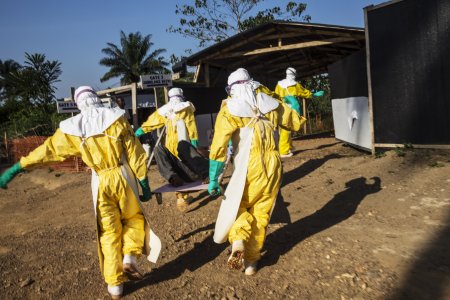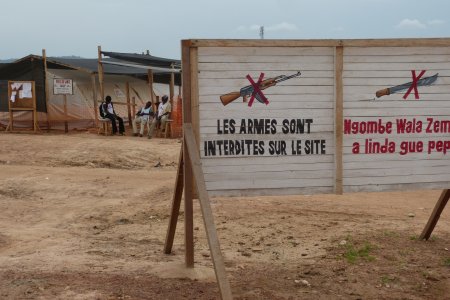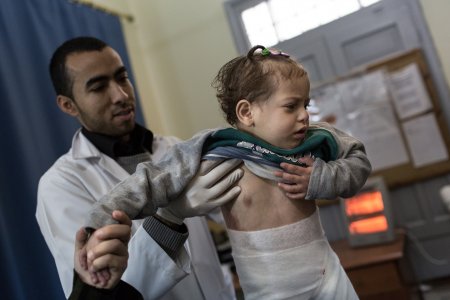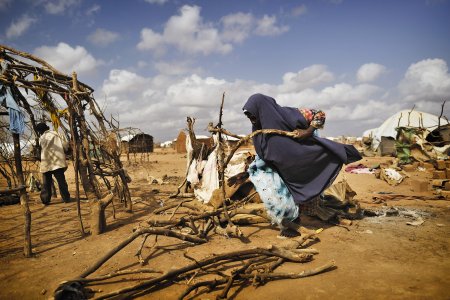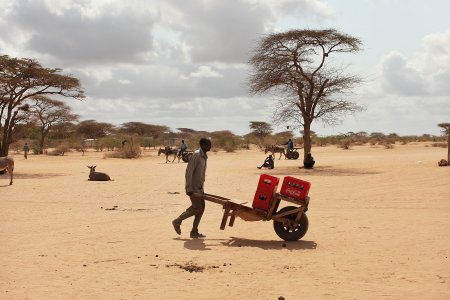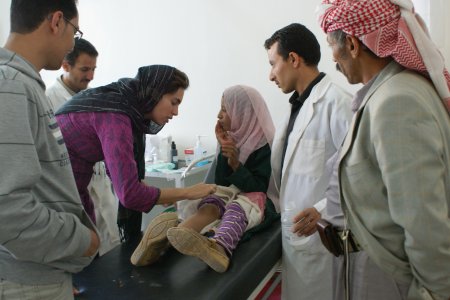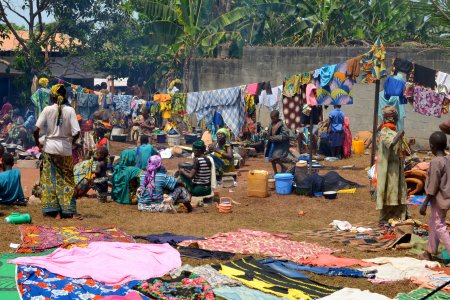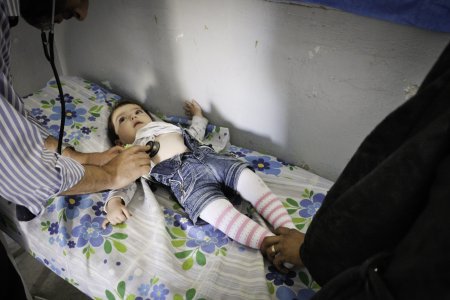OFF THE CUFF is a participative blog run by the Crash. Its purpose is to expose the diversity of experiences and opinions that exist among humanitarian aid practitioners. Online comments as well as direct contributions are more than welcome.
Views expressed on this blog are those of their authors and do not necessarily reflect the official positions of Médecins Sans Frontières
The critical role of humanitarian critique
Bertrand Taithe (HCRI, University of Manchester), Juliano Fiori (Save the Children UK) and Michaël Neuman (MSF-Crash) discuss the important role of constructive criticism in the future of humanitarian assistance.
Is medical care really under fire? A debate on humanitarian security
Is there anything fundamentally new in the security challenges faced by humanitarian organisations? When looking at the history of humanitarian assistance, as far back as the late 1800s, 'medical care' was operating under fire.
Risk Management and Humanitarian aid : an impossible marriage?
Humanitarian Affairs Advisor for the Canadian section of MSF, Clémentine Olivier reviews a recently published OCHA report 'Saving Lives Today and Tomorrow' (March 2014).
Debate : The limits of humanitarianism in Gaza
A few days after the start of the operation 'Protective edge', Jonathan Whittall, Head of Humanitarian Analysis at MSF posted an opinion in which he questions MSF's role in Gaza. Michaël Neuman, Director of research at MSF Crash responds.
The Poverty of Humanitarian Critique?
While MSF has just recently launched a report, 'Where is everyone?', aiming at exposing the limitations and deficiencies of the international aid response to crises, Bertrand Taithe (HCRI) asks whether the approach taken and the question asked are the right ones.
MSF and the aid system: choosing not to choose
We often hear it said within MSF that the aid system is unable to provide effective relief, or that the aid system's ability to provide aid is in decline. Rony Brauman and Michaël Neuman aim at exploring MSF's relationship with the aid system, while showing how the ambitions of the aid system itself have evolved.
Managing the risks to medical personnel working in MSF projects in Yemen
Michaël Neuman has just published paper, in Humanitarian Exchange Magazine focusing on the exposure to risk for medical personnel working in MSF projects in Yemen.
Central African Republic: Questions around a forced exodus
For a few months now, the world's response to the organized expulsion of the Muslim community out of the Central African Republic (CAR) can best be described as strikingly mute.
Collecting data on sexual violence: what do we need to know? The case of MSF in the Democratic Republic of Congo
Claire Magone has just published a paper, in Humanitarian Exchange Magazine #60 focusing on gender-based violence (GBV) in humanitarian crises.
The security debate: restricting one’s individual freedom?
John Tucker exposes his opinion of some aspects of MSF security management in the Kenyan capital. In particular, he asks: how to balance the benefits of a lower exposure to risks and the issues raised by the restrictions to one's individual freedom.
Paralysis: How political deadlock is failing to stop polio in Syria
The chances of a person to receive life-saving health care inside Syria today are defined by the side of the front-line in which they happen to be. It is the consequence of deliberate choices made by those who hold the guns, and also of the operational compromises accepted by aid agencies themselves.
Polio in Syria: an opportunity to save lives?
Deployment of chemical weapons in Syria has proven to be such a horrific event, it has mobilized the muscle and diplomacy of the most powerful international actors. What will it take to unleash this same determination to come to the aid of the youngest Syrians?

